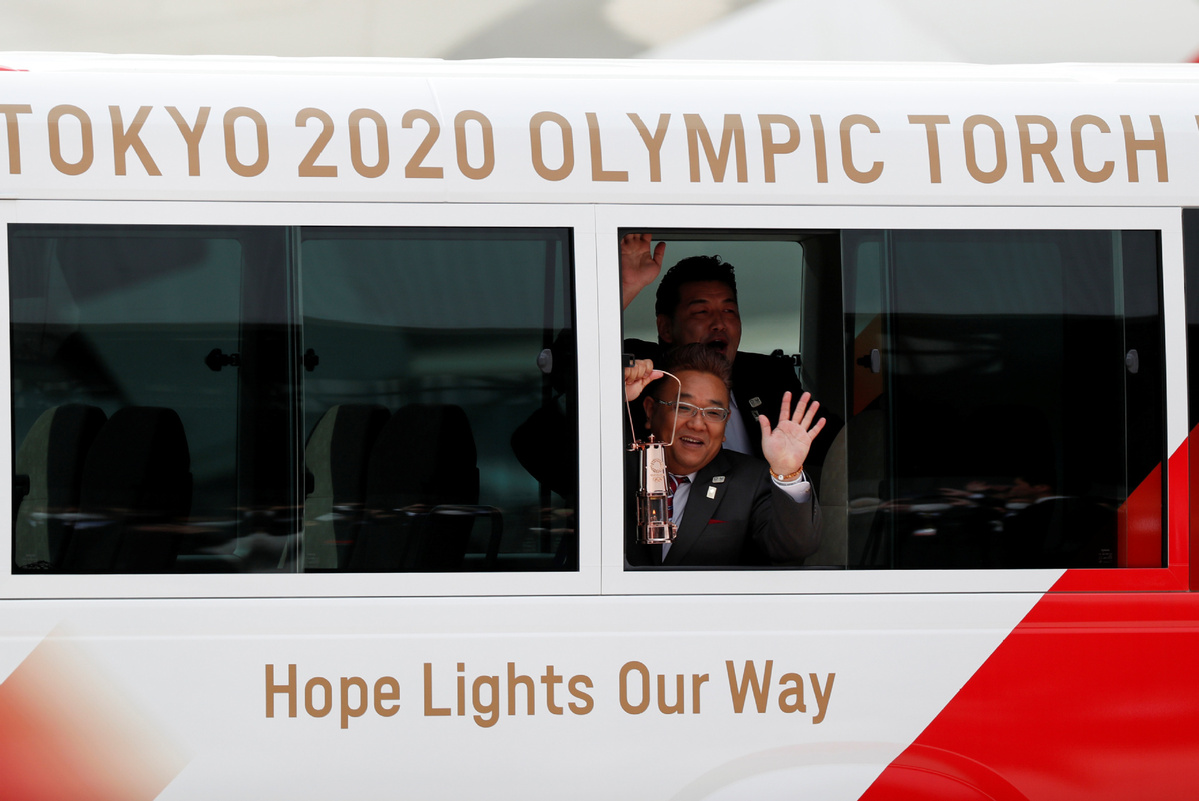Debate still raging over Tokyo Olympics

Health measures imposed

Governments have imposed health measures in the US, China, Russia, the United Kingdom, Germany, Japan, France, South Korea, Italy and Australia, the top 10 medal-winning countries at the 2016 Rio de Janeiro Olympics in Brazil.
According to some sports commentators, it is now questionable whether athletes from these countries will make it to Tokyo.
Lockdowns, quarantine measures and social distancing mean athletes and coaches will have to continue staying at home for weeks, without access to their usual training facilities and regimens. According to experts, training in the six months before the Games is crucial to athletes' performance.
Many spectators and crews required to ensure that events, infrastructure, technology and security arrangements operate smoothly will not be allowed to travel either.
The summer Olympics have never been suspended due to disease or an epidemic.
Since the first Games of the modern era were held in Athens, Greece, in 1896, the summer Olympics have been canceled three times. The 1916 Berlin Games were called off due to World War I, and the 1940 Tokyo and 1944 London Games were canceled during World War II. The 2016 Rio Olympics saw an outbreak of the Zika virus, but this was eventually contained and events went ahead.
Since Tokyo bid successfully in 2013 to host the Games, Japan has been preparing for the big day.
According to Time magazine, the preparations have cost about $25 billion, four times the expected budget. The Japanese government has provided 120 billion yen ($1.14 billion) to build stadiums and 30 billion yen for the Paralympics.
Wang Xingyu, an associate professor at the School of International Relations at Renmin University of China, said the Japanese government wants to use the Games to revive the country's economy, boost solidarity among its people and build a positive international image.
Wang said holding the Games as scheduled may give the Japanese authorities the hope of stimulating stagnant growth. "Japan is facing the dilemma of insufficient foreign trade and domestic demand, and greatly needs a stimulus similar to the 1964 Tokyo Olympics. Abenomics (policies advocated by Japanese Prime Minister Shinzo Abe) hopes to use the Olympics as leverage to boost the country's tourism, manufacturing and service industries to pull the nation out of a slump."
Canceling the Tokyo Olympics would cost Japan about 7.8 trillion yen in annual GDP, or 1.4 percent of the total, according to a forecast by the Sumitomo Mitsui Banking Corp.
It said the impact would include the cost of publicity, transportation and refunding tickets, as well as the cost of accommodations and the amount spent by visitors to Japan.
























